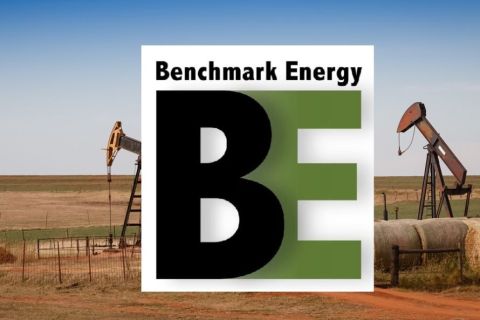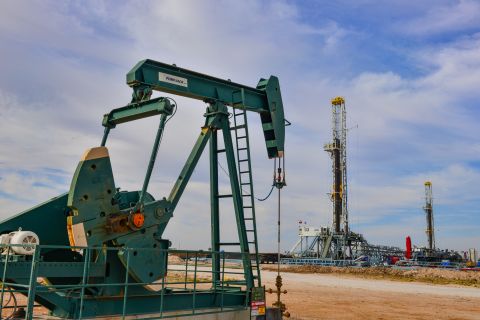World oil consumption will top 100 million barrels per day (MMbbl/d) in the next three months, putting upward pressure on prices, although emerging market crises and trade disputes could dent this demand, the International Energy Agency (IEA) said on Sept. 13.
The Paris-based IEA maintained its forecast of strong growth in global oil demand this year of 1.4 MMbbl/d and another 1.5 MMbbl/d in 2019, unchanged from its previous projection.
“Things are tightening up,” the agency that advises Western governments on energy policy said in its monthly report. “The price range for Brent of $70-$80 per barrel in place since April could be tested.”
U.S. sanctions on Iran’s energy industry, which come into force in November, have already cut supply back to two-year lows, while falling Venezuelan output and unplanned outages elsewhere will also keep the balance between supply and demand tight, the IEA said.
But it said rising demand could also be checked.
“As we move into 2019, a possible risk to our forecast lies in some key emerging economies, partly due to currency depreciations versus the U.S. dollar raising the cost of imported energy. In addition, there is a risk to growth from an escalation of trade disputes,” the agency said.
The U.S. and China have imposed a series of tariffs on each other's goods since May that have unnerved equity markets, while a rising U.S. dollar has put emerging market currencies under pressure, raising the energy bill for some of the world's largest oil importers.
Demand from nations not in the OECD group of industrialized countries, led by China and India, is expected to rise by 1.1 MMbbl/d to 51.6 MMbbl/d this year and by 1.2 MMbbl/d to 52.8 MMbbl/d next year, the IEA said.
Global demand will hit a high of 100.3 MMbbl/d in the final quarter of this year, before moderating to 99.3 MMbbl/d in the first quarter of next year, the agency said.
“We are entering a very crucial period for the oil market. The situation in Venezuela could deteriorate even faster, strife could return to Libya and the 53 days to November 4 will reveal more decisions taken by countries and companies with respect to Iranian oil purchases,” the IEA said, referring to the day U.S. sanctions on Iran take effect.
“It remains to be seen if other producers decide to increase their production,” it said
Demand for crude from OPEC will moderate in 2019 to 31.9 MMbbl/d, from an estimated 32.3 MMbbl/d this year, the IEA said.
Iran, OPEC’s third-largest member, is feeling the effect of the sanctions. The IEA said crude output fell in August by 150,000 bbl/d from July to a 25-month low of 3.63 MMbbl/d, while exports fell by 280,000 bbl/d to 1.9 MMbbl/d, from a peak of around 2.5 MMbbl/d in May.
Recommended Reading
EIA: Permian, Bakken Associated Gas Growth Pressures NatGas Producers
2024-04-18 - Near-record associated gas volumes from U.S. oil basins continue to put pressure on dry gas producers, which are curtailing output and cutting rigs.
Benchmark Closes Anadarko Deal, Hunts for More M&A
2024-04-17 - Benchmark Energy II closed a $145 million acquisition of western Anadarko Basin assets—and the company is hunting for more low-decline, mature assets to acquire.
‘Monster’ Gas: Aethon’s 16,000-foot Dive in Haynesville West
2024-04-09 - Aethon Energy’s COO described challenges in the far western Haynesville stepout, while other operators opened their books on the latest in the legacy Haynesville at Hart Energy’s DUG GAS+ Conference and Expo in Shreveport, Louisiana.
Mighty Midland Still Beckons Dealmakers
2024-04-05 - The Midland Basin is the center of U.S. oil drilling activity. But only those with the biggest balance sheets can afford to buy in the basin's core, following a historic consolidation trend.
Mesa III Reloads in Haynesville with Mineral, Royalty Acquisition
2024-04-03 - After Mesa II sold its Haynesville Shale portfolio to Franco-Nevada for $125 million late last year, Mesa Royalties III is jumping back into Louisiana and East Texas, as well as the Permian Basin.





